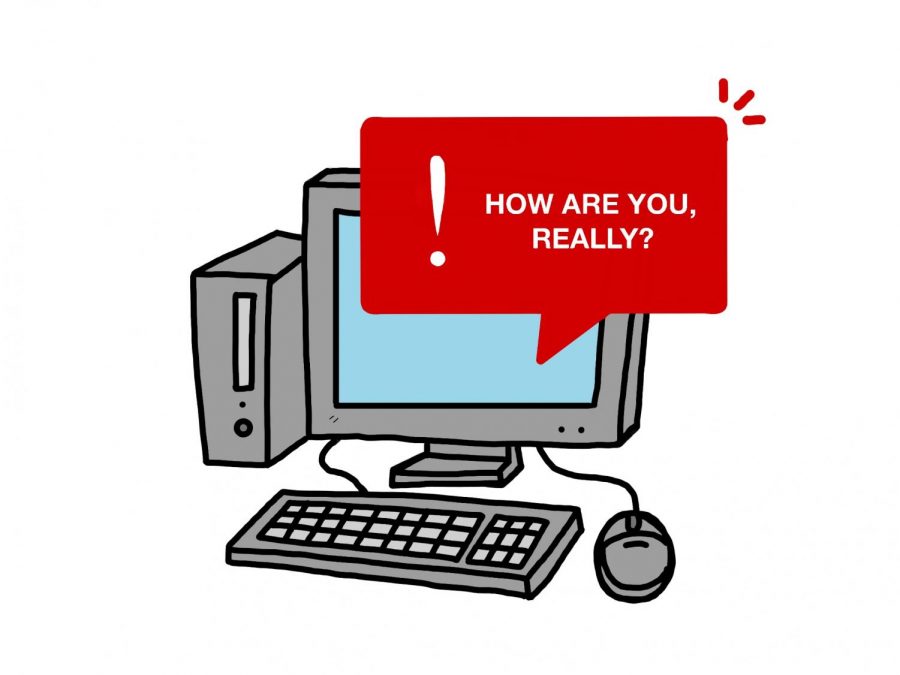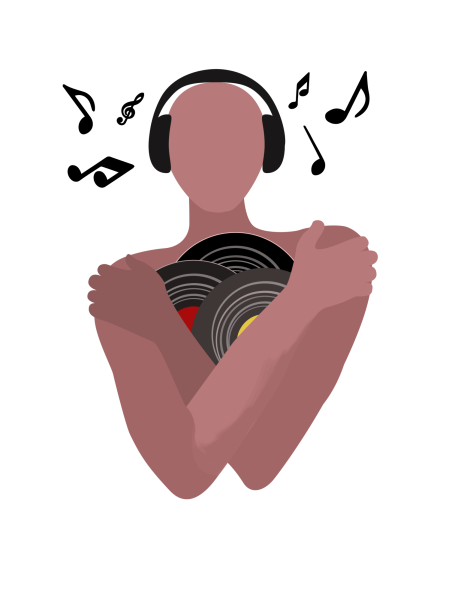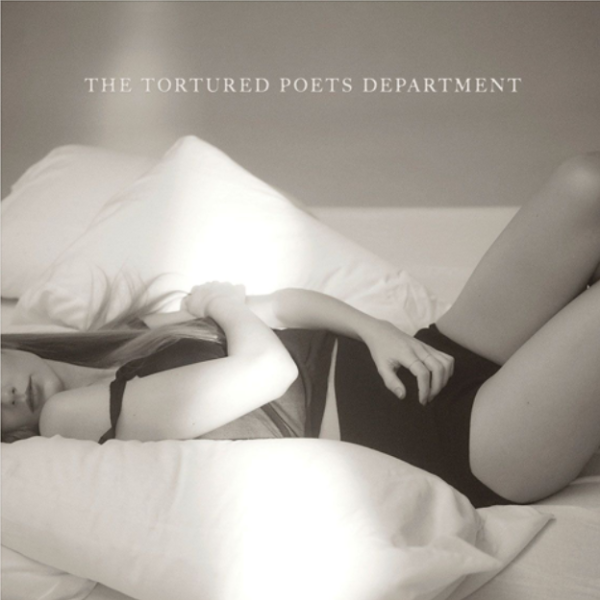A Mental Health Pandemic
2020 has thrown an infinite amount of curveballs, especially towards students. One of the biggest of these was the toll on health, including more than just physical. The stress and anxiety surrounding the changes caused by the pandemic have ultimately led to a challenging new mental state for many individuals. According to a tracking poll done by the non-profit organization, Kaiser Family Foundation, an estimated 53% of adults reported that their mental health has been negatively impacted due to the coronavirus. Whether it was the impact of the lockdown, a job loss or academic struggles, this pandemic has led to an unprecedented mental state for many.
College students are among the group that have been and continue to be affected. Another survey conducted by Healthy Minds Network asked nearly 18,000 students on 14 different campuses about changes in their mental health from Fall 2019 to Spring 2020. Results showed that the prevalence of depression increased in Spring 2020 during the pandemic. The new term “pandemic depression’ was created to label the emotions that people felt during this time.
According to Christina Rariden, an associate professor at the Trudy Busch Valentine School of Nursing, “Often times after widespread traumatic events occur, such as natural disasters, depression and anxiety rates increase, and this pandemic is no different…this pandemic has affected us in so many ways and people are experiencing a mental toll. People are worried about their health, family, livelihood, with widespread changes to daily living from every angle.” Given this information, it can be assumed that there has been a negative impact on mental health during 2020.
Whether it’s on campus, off campus or in the comfort of your own personal space, there is always someone there to help you. On SLU’s campus, the University Counseling Center has transitioned all counseling to a virtual platform. Although online counseling is not the same, it is a step in the right direction to get the help needed. According to Prof. Rariden,”being able to meet with a counselor virtually can help reduce that initial fear some people have about going to that first appointment.”
Generally, there is a lot of anxiety surrounding an in-person appointment. As Prof. Rariden stated, it can help ease tensions if the appointment is virtual and you are in your own comfortable space. An anonymous student who has attended virtual counseling at SLU said,“While it does feel strange, [virtual counseling] did allow me to feel a little less anxiety about sharing vulnerable things because I sort of looked off camera and it helped…despite the differences, I have really benefited from virtual counseling.” The center also provides ten free sessions and the appointment is completely confidential. The University Counseling Center website also lists mental health resources for students of color.
For students who don’t feel comfortable seeking help on campus, there are a variety of safe off-campus and self-care options available. In Saint Louis, many mental health organizations have taken a step towards accessibility due to COVID-19. Depending on what you are seeking, there is a shelter for nearly everything. For more information, St Louis Community College has compiled a variety of sources for those in need.
For a more self-care approach, there are many apps that can help with a variety of situations. For depression, try Talkspace online therapy, Happify, and Moodtools. For anxiety, Mindshift, Self-help for anxiety management, and CBT Thought Record Diary. For eating disorders, Recovery Record and Rise up and Recover. For PTSD; PTSD Coach and Breathe2Relax. For general mediation and calmness, Headspace & Calm. This information can be overwhelming but it is important to remember that there are options. Above everything else, your mental health needs to be prioritized. Even the smallest step to getting help is a step in the right direction.
Your donation will support the student journalists of Saint Louis University. Your contribution will help us cover our annual website hosting costs.





![The Teskey Brothers [Crew] gather together for a curtain call in front of a raucous St. Louis crowd after a two-song encore. (Photo courtesy of Vertrell Yates / @trellseyephotography)](https://unewsonline.com/wp-content/uploads/2024/05/Screenshot-2024-05-21-232057-600x370.png)








